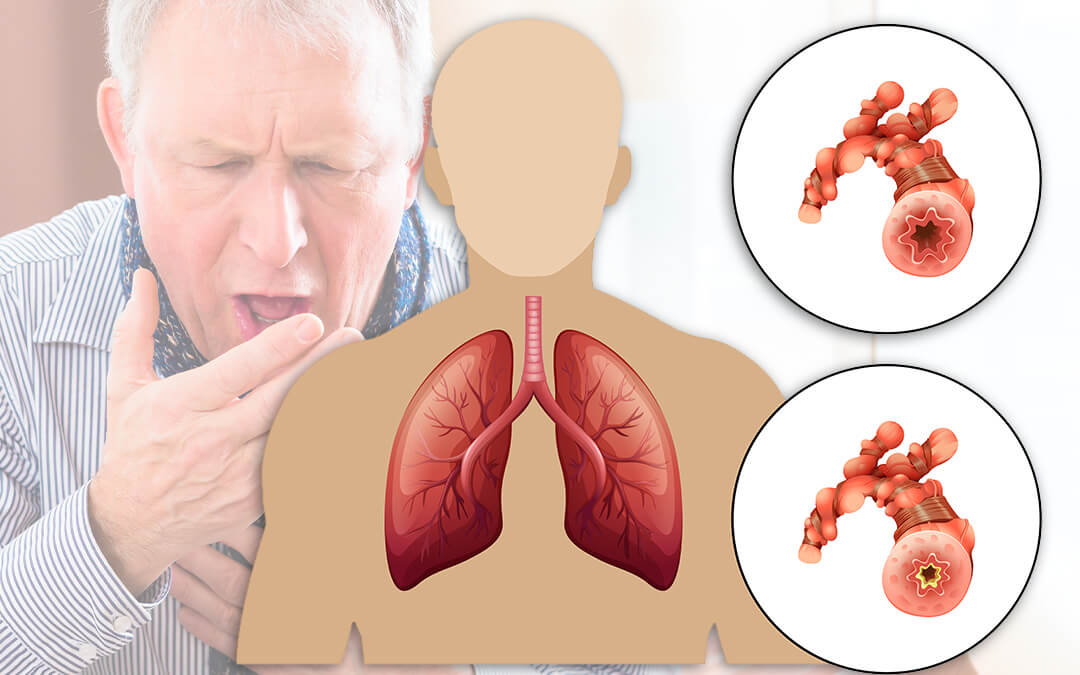
Rheumatoid Arthritis
Understanding Rheumatoid Arthritis: Symptoms, Causes, and Treatment
Rheumatoid arthritis (RA) is a chronic autoimmune disorder that primarily affects the joints, causing pain, inflammation, and stiffness. While it commonly affects the joints, it can also impact other organs in the body. RA can significantly impair a person's quality of life if left untreated, making it crucial to understand its symptoms, causes, and treatment options.
Symptoms:
RA symptoms can vary in severity and may come and go. Common symptoms include:
- Joint pain, swelling, and stiffness, particularly in the hands, wrists, and feet.
- Fatigue and weakness.
- Morning stiffness that lasts for more than an hour.
- Reduced range of motion.
- Fever and loss of appetite in some cases.
Causes:
The exact cause of RA is unknown, but it is believed to involve a combination of genetic and environmental factors. Risk factors for developing RA include:
- Genetics: People with a family history of RA are more likely to develop the condition.
- Environmental factors: Smoking, obesity, and exposure to certain infections may increase the risk of RA.
- Autoimmune response: In RA, the body's immune system mistakenly attacks the synovium (the lining of the joints), leading to inflammation and joint damage.
Treatment:
While there is no cure for RA, treatment aims to manage symptoms, prevent joint damage, and improve quality of life. Treatment options include:
- Medications: Nonsteroidal anti-inflammatory drugs (NSAIDs), corticosteroids, and disease-modifying antirheumatic drugs (DMARDs) are commonly prescribed to reduce inflammation and pain.
- Physical therapy: Exercise programs and physical therapy can help improve joint function and flexibility.
- Lifestyle modifications: Maintaining a healthy weight, quitting smoking, and avoiding activities that exacerbate symptoms can help manage RA.
- Surgery: In severe cases, joint replacement surgery may be necessary to relieve pain and restore function.
Early diagnosis and treatment are essential in managing RA and preventing long-term joint damage. If you suspect you have RA or are experiencing symptoms, it's important to consult a healthcare professional for an accurate diagnosis and appropriate treatment plan.
In conclusion, rheumatoid arthritis is a chronic autoimmune disorder that affects millions of people worldwide. By understanding its symptoms, causes, and treatment options, individuals can better manage their condition and improve their quality of life. Ongoing research into the underlying mechanisms of RA may lead to more effective treatments in the future.













